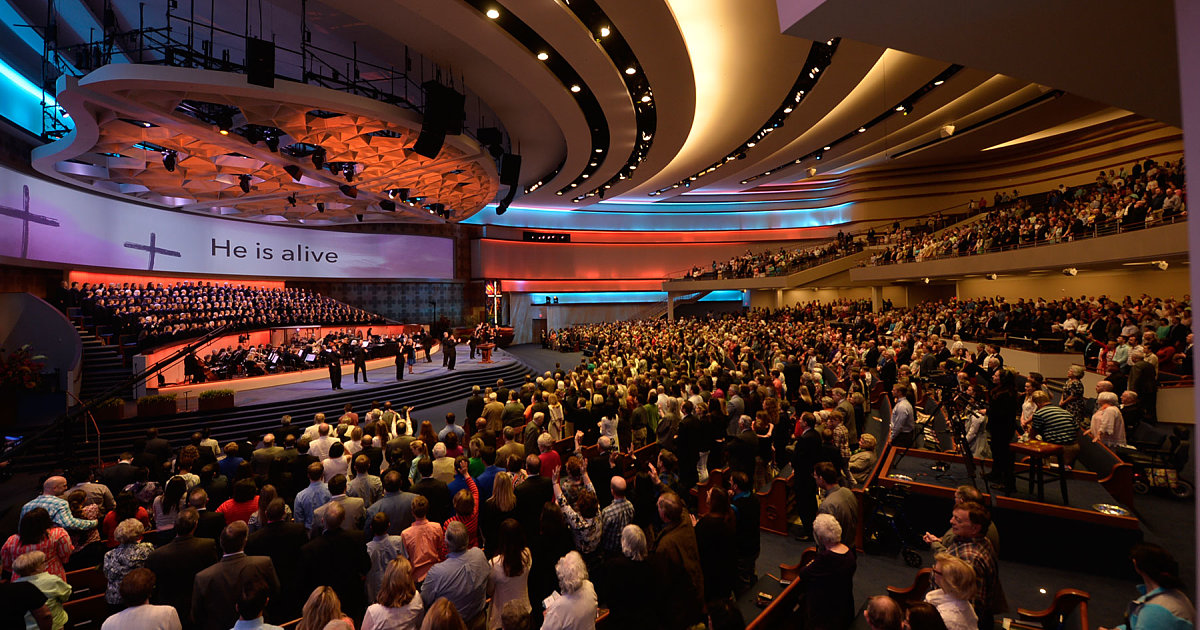My Father Left Me Ireland is a memoir of longing and reclamation. Michael Brendan Dougherty recounts his rediscovery of his cultural roots and taking possession of an absent heritage as he reconnected with his absent Irish father. Dougherty sought an identity with meaning in contrast to his bare cultural experience, one of kitsch artificiality and vapidity. The cultural identity he found was in his father’s gift of Ireland, a legacy and heritage that went beyond them both.
Login to read more
Sign in or create a free account to access Subscriber-only content.
Topics:
